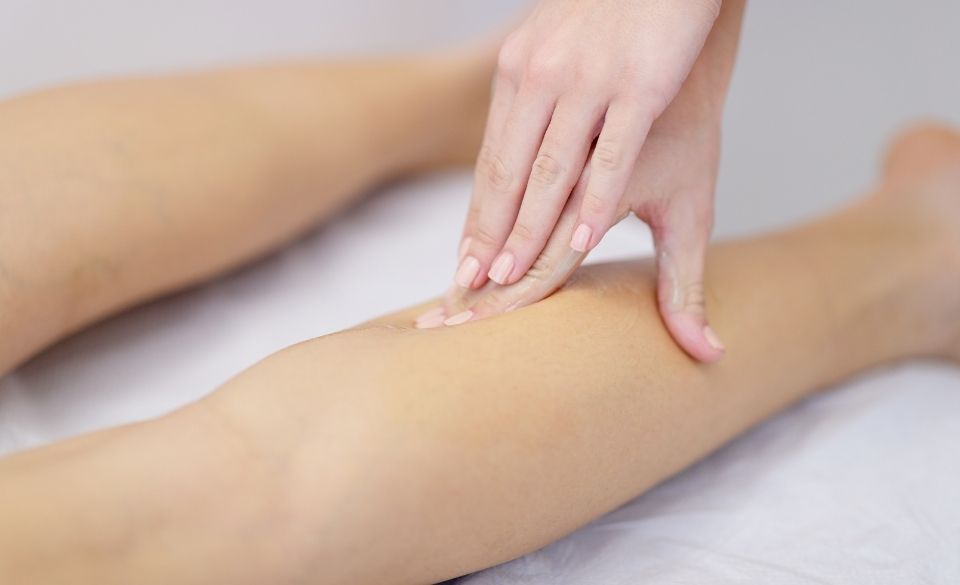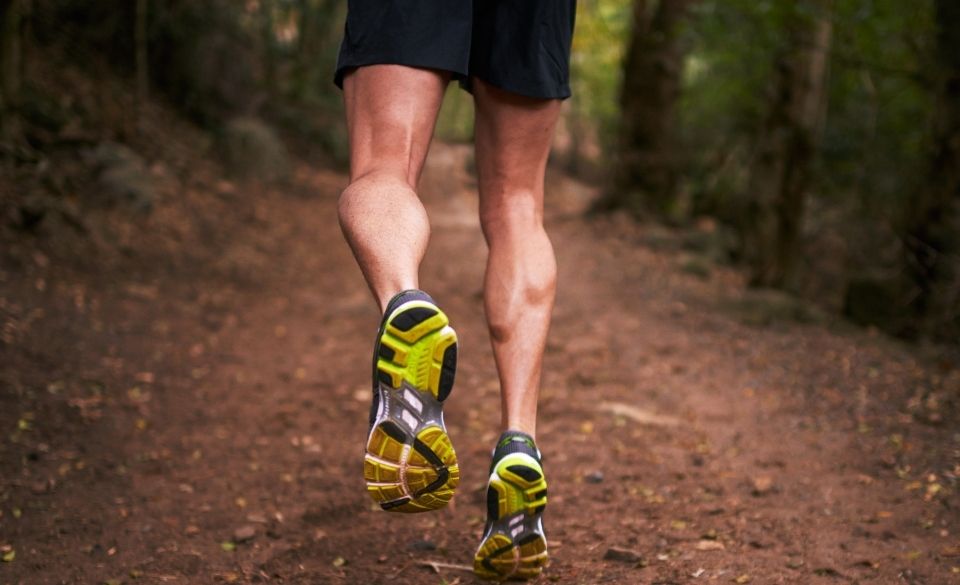
What are Calf Muscles Genetics? Good vs Bad Calf Genetics – UPDATED 2022
Page Contents
Your calf muscles are an often-forgotten part of the leg muscle group. Out of sight, out of mind? Your calf muscles are at the back of your leg, and they’re essential for basic functions like walking, to the more complex ones like the standing barbell calf raise.
If you’ve ever found yourself struggling with these basic exercises, the reason could lie in your calf muscle genetics. But what are calf muscles’ genetics? How do your genetics affect your calf muscles?
The goal of this guide is to introduce you to some of the genetic factors that can affect the growth and strength of your calf muscles, give you visible examples of good vs bad calf genetics, and more.
Bad Calf Genetics – A Complete Guide
There are three core questions to be answered when trying to understand bad calf genetics. What makes muscle genetics bad? What makes calf muscles bad? And how do your calf muscles have anything to do with your genetics.
Everyone knows how you build muscle, right? You do strenuous exercise to break down the fibers of your muscles, which then rebuild stronger and bigger than before. This process is called hypertrophy.
Muscles can’t just grow anywhere. If they could, we’d look a lot different as a species than we currently do.
Instead, muscle growth is limited to a space called the muscle belly. This is the central part of your muscle.
Think of the muscle belly as the canvas for your muscle growth. If there’s no more room on the canvas, then your muscle has no more room to grow. Even if you keep engaging in hypertrophy, you won’t see any more progress or visible gains.
Everyone has a muscle belly in each of their major muscles. However, not everyone’s muscle belly is built the same. Thanks to genetics, the length of our muscle belly can change. Some people have a short muscle belly in a particular area, and others could have a long muscle belly in this same area.
When we talk about good muscle genetics or bad muscle genetics, what’s being talked about is the length of the belly. A longer muscle belly means more room for muscles to grow, which eventually means bigger muscles. This is good muscle genetics.
So, one interpretation of the term calf genetics refers to this muscle belly length. Someone who has bad calf genetics might have a short belly and won’t be able to build as much calf muscle as other people.
Calf genetics can also have nothing to do with muscle belly though. You might have a perfectly normal muscle belly length and normal genetics that determines the growth of muscles in your calves. Instead, your genetics could make it, so your calves are skinnier.
Even if they have muscle built, they might not look big because of your bone structure in this area. This can have the same visible effect as short muscle belly calf muscles but be more frustrating because you know that you’ve put in the work.
What Are Calf Muscles Genetics?
We know that your genetics can influence the growth of your muscles, but there’s some debate around how our genetics interact with calf muscles. Some people have suggested that if you have small calves, it’s all down to your genetics and there’s not much you can do to change this.
First of all, it’s worth bearing in mind that there’s no concrete, scientific evidence of the link between small calves and your genetics. Unless you’re talking about the baby cow kind of calf, there’s a lot of science around those.
The information that small calves are down to genetics is based on the pre-existing understanding of how building muscles work. Based on this, and anecdotal evidence, we can surmise that genetics have some effect on calf size.
However, this anecdotal evidence isn’t enough to prove or disprove that you can build calf muscle regardless of genetics. Evidence points towards this not being a limiting factor to building calves overall, just a factor that can reduce the maximum potential of your muscles in this area.

Good vs Bad Calf Genetics – How it Differs?
We’ve talked about bad calf genetics, but now let’s focus on the opposite. Let’s talk about what makes good vs bad calf genetics.
Good calf genetics are about two things – base size, and potential. If before you start building calf muscles, your calves are already stronger and bigger than most people, there’s a good chance you’ve been blessed with good calf genetics.
This further tracks when you start doing calf workouts. You’ll likely find that you can build visible muscles in your calves a lot faster than expected.
Dealing with Skinny Calves Genetics
Unfortunately, not everyone is blessed with large or even average-sized calves. Dealing with skinny calves genetics can be demotivating, and you might feel like you’re already at a disadvantage when it comes to building calf muscle.
There are ways you can mitigate the impact of small calves. But it’s also true that having small calves can have its own set of benefits. For example, people with small calves might have an easier time doing certain exercises.
How to Grow Calves with Bad Genetics?
To grow calves with bad genetics, you should take advantage of some of the unexpected benefits of small calves.
For example, slender calves can mean you can run faster for longer. Running is also one of the best ways to build skinny calves and to overcome bad calf genetics. It’s a recommended exercise for its plethora of cardio benefits.
If jogging or running isn’t for you, there are a lot of less intense, dedicated calf exercises. These include the standing calf raise and the band-assisted calf flex.
Calf Genetics – Closing Thoughts
All in all, the research on calf genetics isn’t advanced enough to the point where we can make any long-standing conclusions on the impact of genetics on your calf muscles. What we do know is that doing nothing about your small calves is worse than doing something.
And, if you want to get started with building muscle, there’s no better way than through our personalized workout plans!


